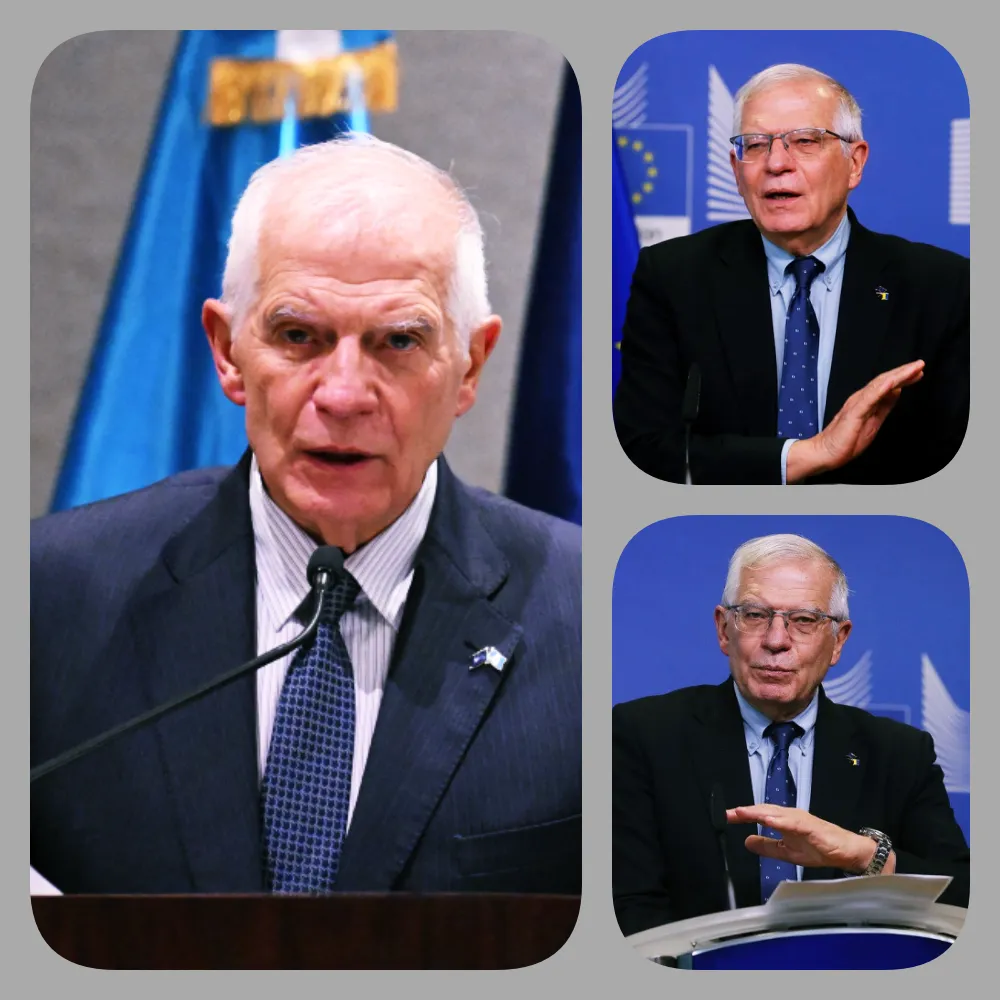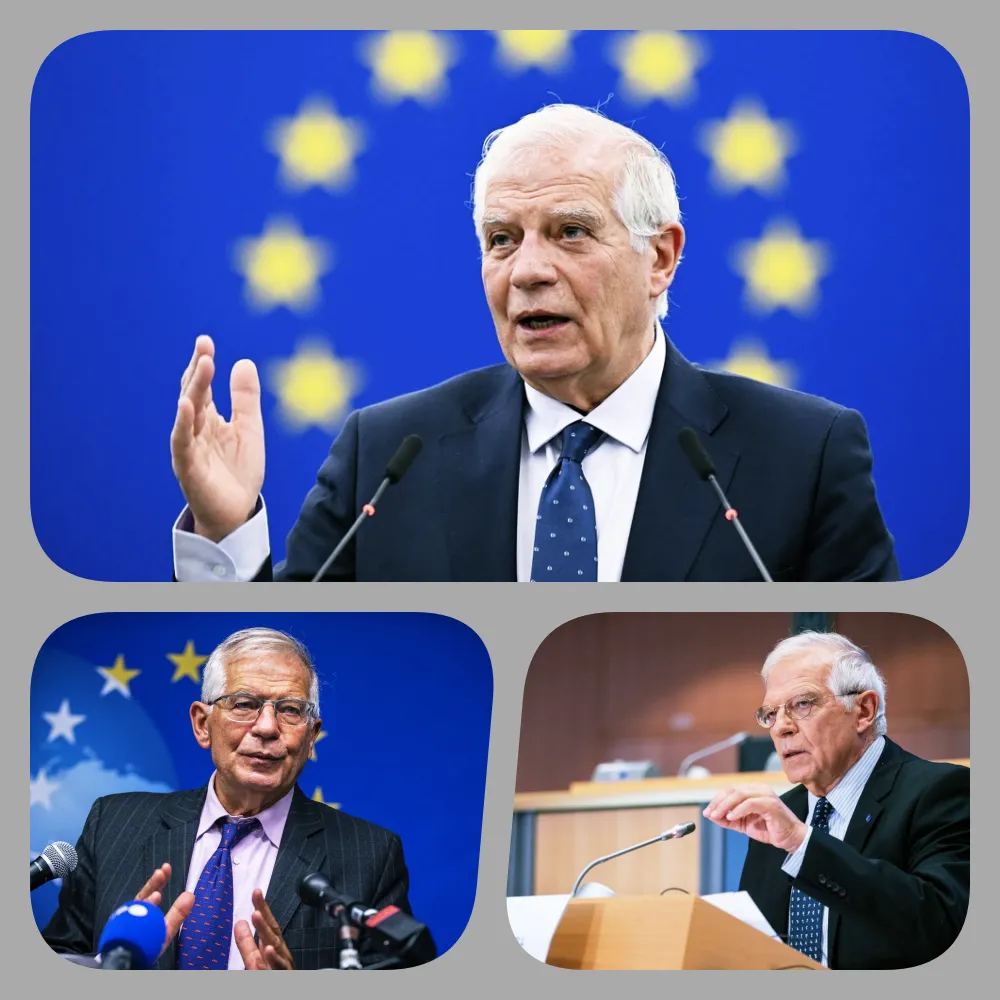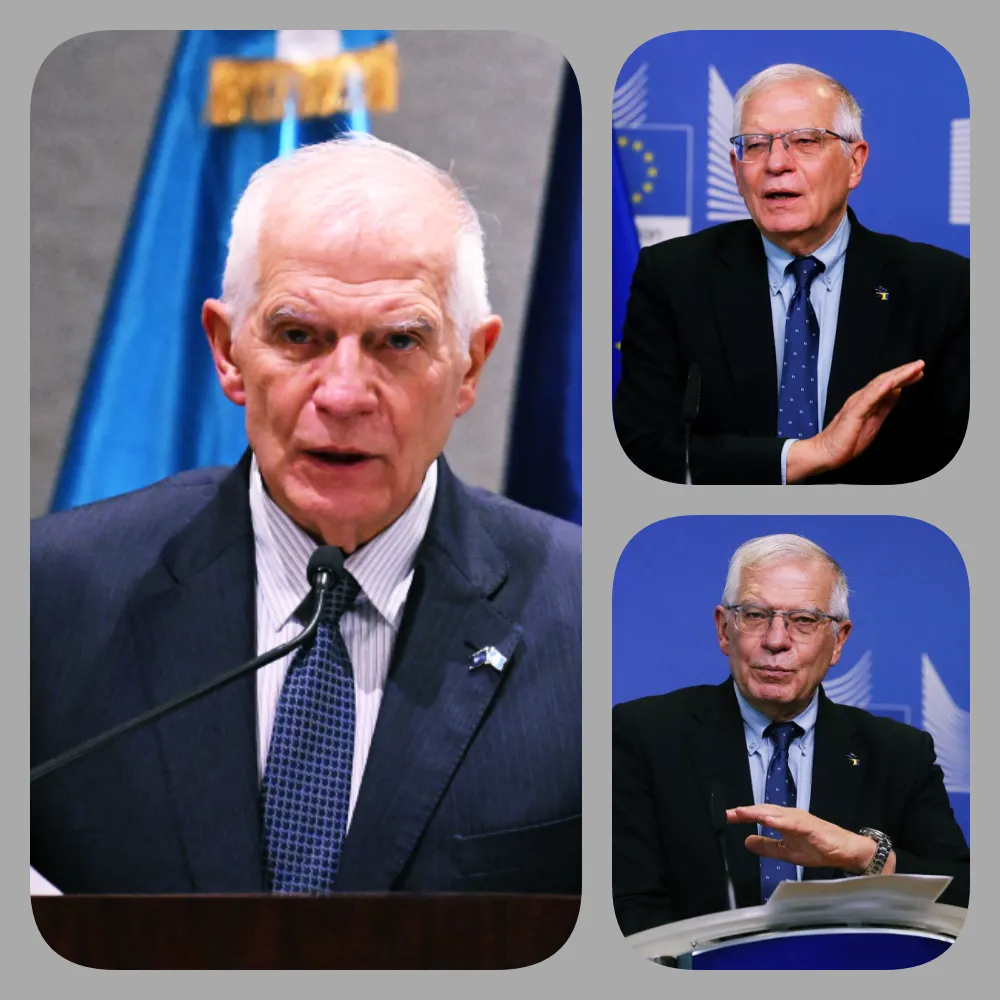
EU Aims to Increase Training for Ukrainian Soldiers
The European Union (EU) is seeking to expand the training of Ukrainian soldiers but remains divided on whether to provide this support directly within Ukraine’s territory.
“We will discuss how to enhance the training mission for Ukrainian troops,” said Josep Borrell, the EU’s High Representative for Foreign Affairs, on August 30th, speaking to reporters in Brussels, Belgium, ahead of a meeting of the bloc’s defense ministers.
“We are considering setting up a coordination center in Ukraine, but there is no agreement yet on training Ukrainian soldiers with European instructors on Ukrainian soil,” he added. This issue has caused divisions among the EU’s 27 member states. Countries like Estonia, France, and Sweden support training troops in Ukraine, while others, such as Hungary, are concerned that such a move could escalate the conflict.

The EU has set a target of training around 60,000 Ukrainian soldiers this year. However, with intense fighting continuing, the bloc wants to increase its efforts.
Earlier this year, France surprised its allies when President Emmanuel Macron stated that he would not rule out the possibility of sending Western troops to Ukraine, though he acknowledged that there was no consensus on the idea.
Borrell once again urged EU countries to expedite the delivery of weapons to Ukraine, following a similar call on August 29th by Ukrainian Foreign Minister Dmytro Kuleba.
“Many commitments have been made since June, especially regarding air defense. In light of the major attacks on Ukraine and its cities, it is clear that we need to respond,” Borrell emphasized.

He also criticized the restrictions placed on Ukraine regarding how they can use the provided weaponry.
“It’s absurd to say that allowing Ukraine to target inside Russian territory equates to engaging in a war against Moscow… We are merely supporting Ukraine,” he said.
Ukraine has repeatedly called on its allies to lift these restrictions, but Germany and the United States have opposed this due to concerns about the risk of direct conflict with Russia.






